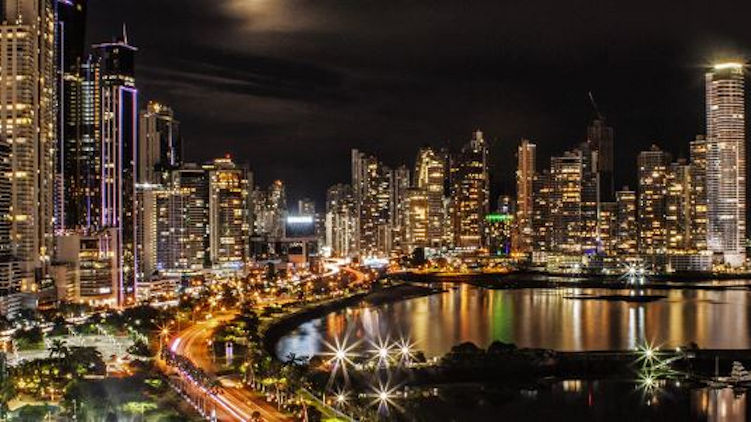RIO DE JANEIRO, BRAZIL – Panama’s industry has withstood the Covid-19 pandemic but requires legal certainty to grow and leave behind the pyrrhic 5% it represents in the gross domestic product (GDP), the leader of the sector’s guild, Luis Frauca, told Efe.
The crisis derived from the ongoing pandemic collapsed Panama’s GDP by 17.9% in 2020 due to the closure of almost all activities except essential ones.
According to official data, the economy has been recovering after the staggered re-opening of the various sectors and expanded by10 % in the first half of this year.
Read also: Check out our coverage on Panama
“During the pandemic, industry proved that it could support the country 100%, not only with food” but also with other goods such as “disinfectants, personal hygiene products”, affirmed the president of the Union of Industrialists of Panama (SIP).

For this reason, Panamanian industry currently has more than “147,500 jobs, almost in full employment”, although “some areas” still have suspended contracts, among them construction and related sectors.
LOW WEIGHT IN GDP
But the industry now only represents about 5% of Panama’s GDP, a tiny portion and far from the 20%, it constituted more than three decades ago.
The Panamanian economy “has been changing, we have been turning much more to the services sector”, recalled Frauca, who nevertheless highlighted the employment generation capacity of industry: increasing its weight in the GDP by only 1% would represent between 20,000 and 30,000 new jobs, he said.
“That is why the conditions must be in place so that we can reach those (growth) numbers. The international financial institutions are telling us, ‘you have to strengthen production so that the balance between imports and exports is leveled, equalized,” he added.
The first significant obstacle facing an investor in Panama, whether domestic or foreign, is legal security, understood as the compendium of procedures necessary to start up an industrial project and keep it operating.
“This paperwork: building permits, special permits (fire, municipalities, environmental impact assessments), you never know when you’re going to get it, there’s always discretionary authority from officials, and a country that wants to grow can’t rely on discretionary authority,” Frauca said.
HIGH PRODUCTION COSTS
Panamanian industrial activity faces high production costs derived from the infrastructure deficit such as roads and ports, especially in the country’s interior, and high energy prices, among others.
The cost of electricity is one of those “distortions” of the economy that affects the productive sector, but that “is being corrected” through plans already underway that should come to fruition in two or three years, leading to a reduction in prices, Frauca said.
“How much are they (electricity prices in Panama) going to go down? We don’t know. This is like the story of the wolf that is always coming, but never does,” said the SIP president.
The industry is a sector that “requires everything, not only helmets and boots, but also people who know accounting, finance, sales, marketing, lawyers and, lately, doctors and nurses” with the SARS-CoV-2 pandemic.
For years, it has been the case “that we are not receiving all” these personnel “in quantity and often with the quality” required. “We have to make a revolution in the educational aspect, from an early age (to instill) a professional mentality, even an entrepreneurial one. A mentality of knowledge not only scientific and academic but the part of art, sports, culture. Integral,” said Frauca.
This task must be a “joint responsibility of the State and private enterprise, and we are working on it”, said the business leader. He assured all that to face all the sector’s challenges, “obvious steps are being taken (…) we are working on it, but we have to put a little speed into it”.

